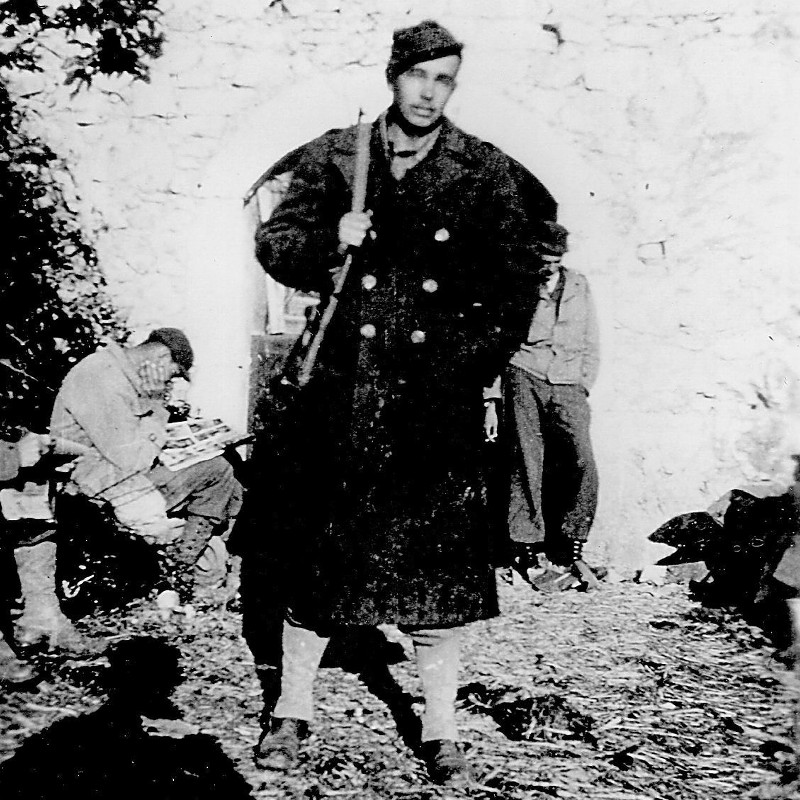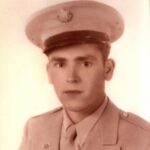By James Cofer
SNELLVILLE, Ga. | As we observe Veterans’ Day today, my thoughts harken back to my own soldier father, the Rev. Wendell Cofer of Snellville, and all of the ceremonies that he organized to honor veterans. During the 1970s, ’80s, and ’90s, I filmed a number of these events. One of his earliest programs honored a half dozen or so World War I vets still living in Gwinnett at the time.
Dad’s military career started in 1935 when he and school buddy, William “Buck” Buchanan, ventured down to the old Henry Ford building on Ponce de Leon beside Sears to join the Navy. Both were rejected. Buck didn’t have a high school diploma. Wendell had an eye that was slightly crossed.
“Go down the hall to the Army,” they were told. “They’ll take anybody.” The Army indeed accepted them, and they were both sent to Fort McPherson that day to begin training. Over the next few years, my father married, began a family, went to Officer Candidate School, and commanded an all-African American Civilian Conservation Corps camp in North Carolina. When the Japanese struck Pearl Harbor, all soldiers were called to the war effort.
Wendell reported back to Fort Mac, where he received an unusual parade ground promotion to first lieutenant because some general passing by liked the way he commanded troops. It was here that he committed a faux pas that likely saved his life.
While awaiting overseas assignment, one of his duties was to manage the firing range, where officers and non-coms were required to qualify periodically. A group of salty sergeants arrived in a truck, fired the required number of rounds, and climbed back aboard without picking up their spent brass casings.
My father approached the sergeants and told them they would all be put on report unless the brass was collected. They were not amused; however, they dutifully policed the area, but not before recording his name. He discovered later that this group of non-coms worked in an office that was making troop assignments. Many of his fellow officers were slated for seemingly cushy assignments in England, but eventually participated in the D-Day landings. Many were killed in action, or were forever missing. But Wendell was assigned to the sweltering deserts of North Africa. He had dodged the bullet…for then. He later saw action in the Italian campaign.
In 1945, Wendell turned down a promotion to captain, an incentive to join the occupation force in Japan, and returned to Gwinnett where he lived the remainder of his life, as a rural mail carrier, farmer, and bi-vocational Baptist minister.
Stung by the deaths of many of his family and friends, he became active in veterans’ causes and organizations. He helped organize American Legion Post 232 (co-named for his sister’s husband, A.D. Herndon Jr. who died in the Burma Theater. Wendell later served as commander of the post.)
Later, he formed Veterans of Foreign Wars Post 4180 and also served as commander. The VFW Post was named for his uncle, Robert W. Cofer, who died from German phosgene gas in World War I. Every year before his declining health, my father organized a Veterans’ Day celebration somewhere in the county. Once, he was able to get a high-ranking official from the French Embassy to speak at one of these events. I wonder today what kind of program he would be assembling if he was still alive.
- Have a comment? Send to: elliott@brack.net











Follow Us